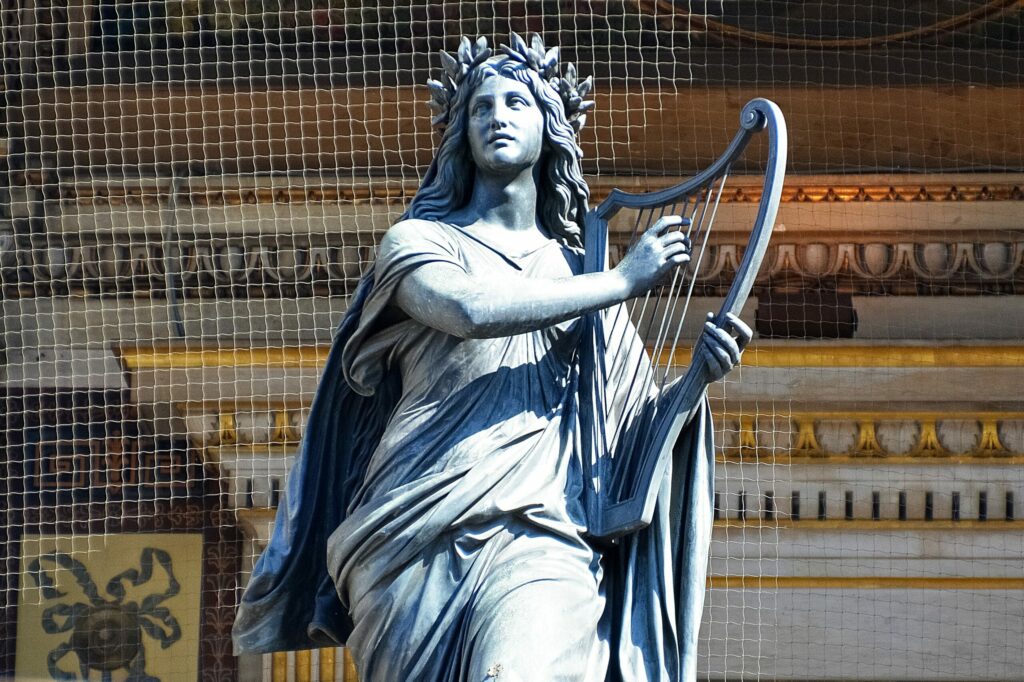Posts by Sean Glatch
Common Rhetorical Devices List: The Art of Argument
Rhetorical devices are techniques in writing and speech that try to persuade the audience. A rhetorical device uses language to shape ideas into arguments, convincing the reader through a plethora…
Read MoreVillanelle Definition: How to Write a Villanelle
A villanelle poem is a 19-lined formal poem that, although developed in the 17th century, was particularly prominent in the 20th. In fact, you have probably read or studied some…
Read MoreWhat is the Setting of a Story? 5 Functions of Setting in Literature
A short story or novel without a setting is one without context—it occurs nowhere and at no particular time. But every person and everything in our everyday world occurs somewhere…
Read MoreThe Best Online Writing Workshops: How to Succeed in Creative Writing Workshops
Creative writing workshops can take your writing to the next level. The chance to experiment with your writing in a community is invaluable, and getting live feedback on your work…
Read MoreParallelism Definition: Writing With Parallel Structure
Parallelism, or parallel structure, describes a type of sentence structure common in the English language. When poets and prose stylists effectively employ grammatical parallelism, they strengthen the connections between ideas…
Read MoreWhat is Point of View in Literature? Exploring Narrative Point of View
You might not notice it, but most published writing contains a narrative point of view. This includes every book, poem, email, instruction manual, even some street signs and cereal boxes.…
Read MoreLyric Poetry Definition: How to Write a Lyric Poem
Lyric poetry has a rich, surprising history. As one of the oldest forms of literature, the lyric poem has moved and captivated audiences with its emphasis on language, sound, and…
Read MoreWhat is Mood in Literature? Creating Mood in Writing
When we talk about the different feelings that a work of writing evokes, we’re talking about the types of mood in literature. Creative writers are experts at drawing out specific…
Read More“Show, Don’t Tell” in Creative Writing
“Show, don’t tell” is one of the simplest guidelines in creative writing, and one of the most helpful. In short, it encourages writers to transmit experiences to the reader, rather…
Read MoreAnti-Hero Characters: Writing the Unheroic Protagonist
Want to learn more about how to write an anti-hero? Consider taking our private class with Gloria Kempton. The anti-hero (or antihero) archetype is a popular feature of modern books…
Read More










